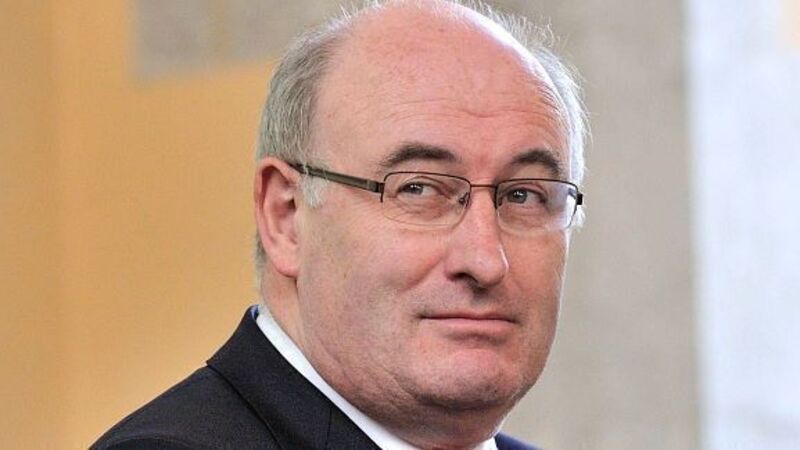Europe’s gain could be a winner for Irish farmers too

The EU is fortunate to have secured the services of a politician who gets things done, nominating him as the Commissioner-elect for Agriculture and Rural Development.
Subject to the European Parliament voting in the proposed new Commission in October, the Kilkenny man is sure to be an influential figure in the Commission over the next five year.










